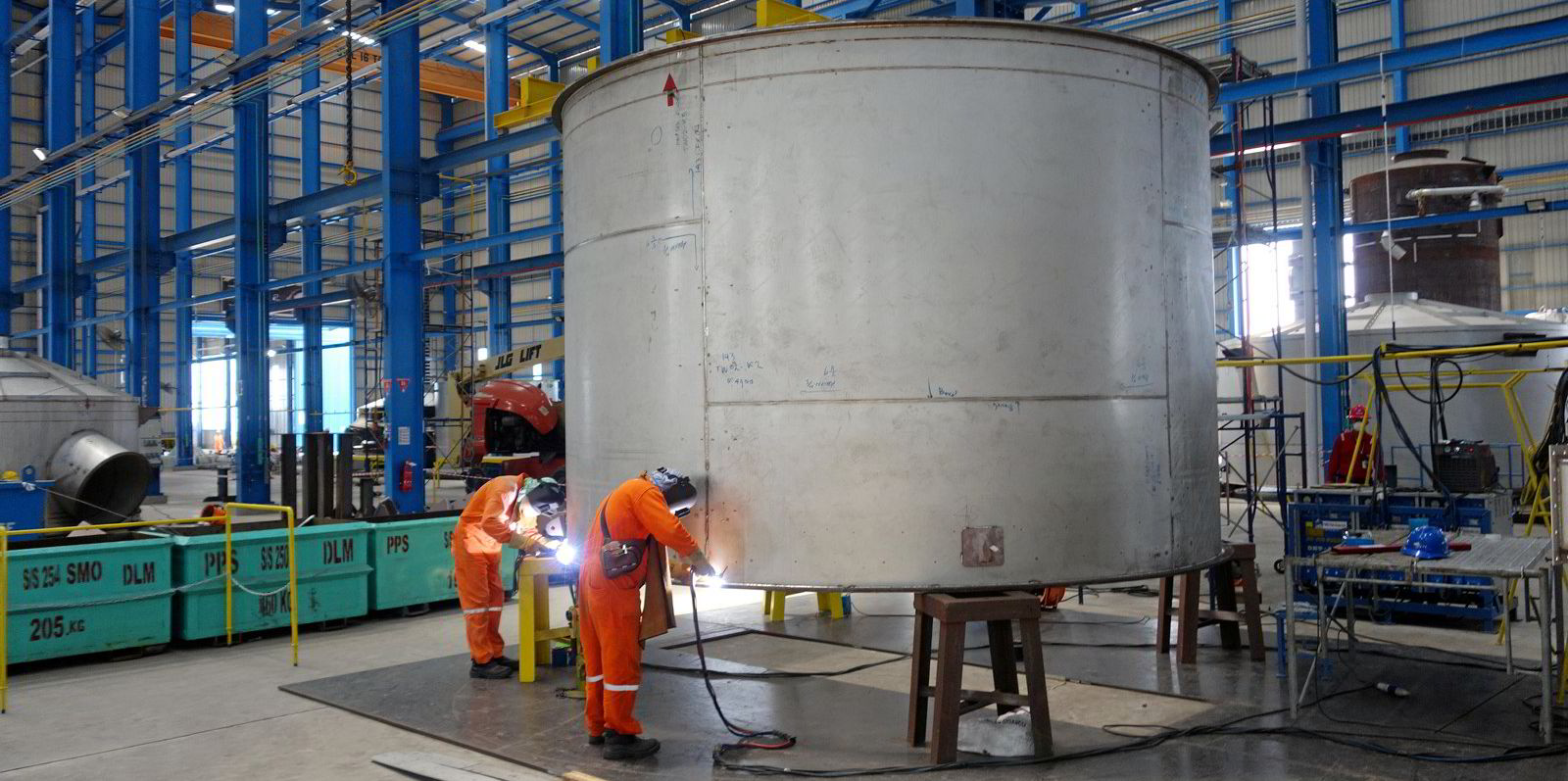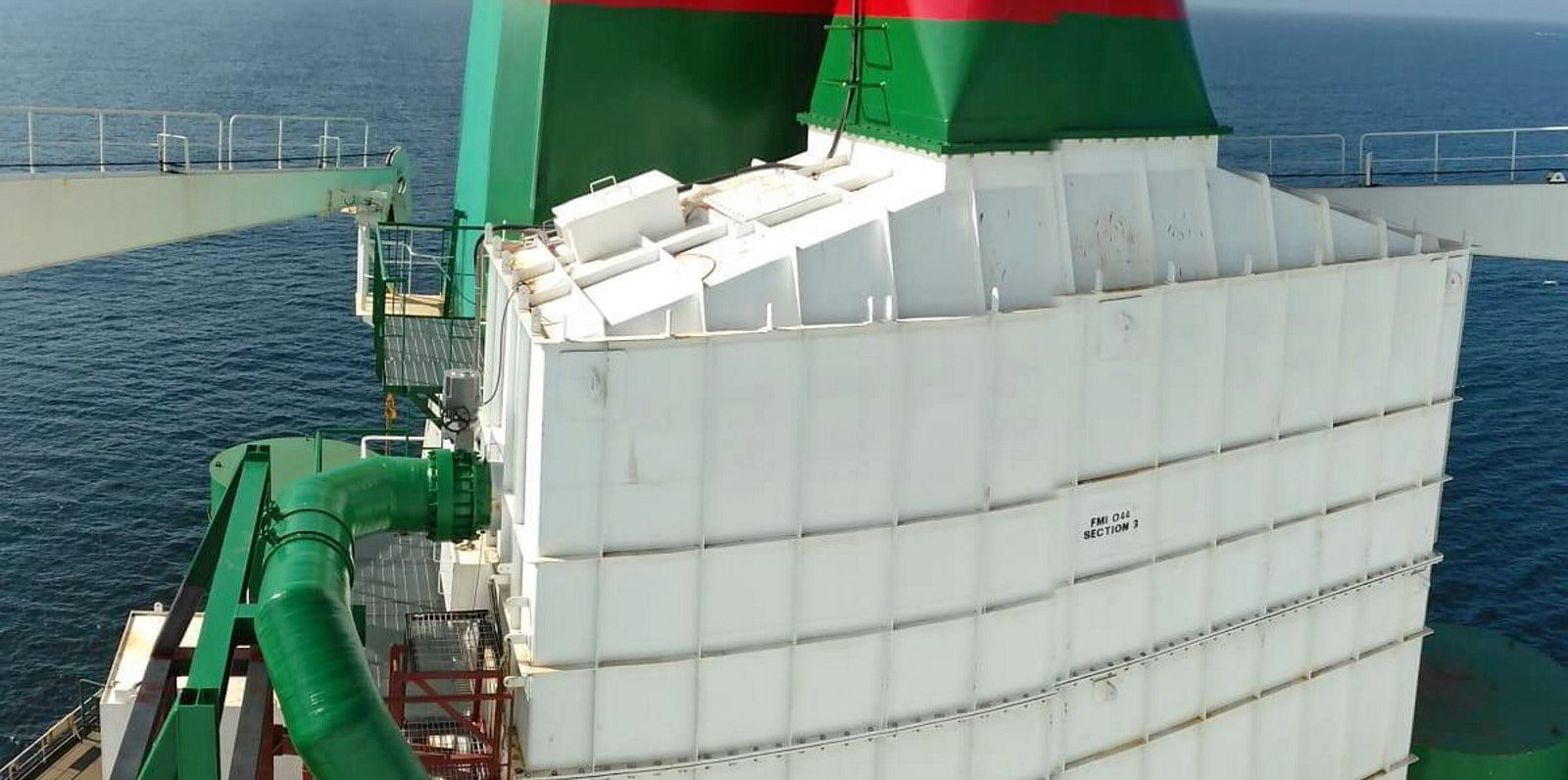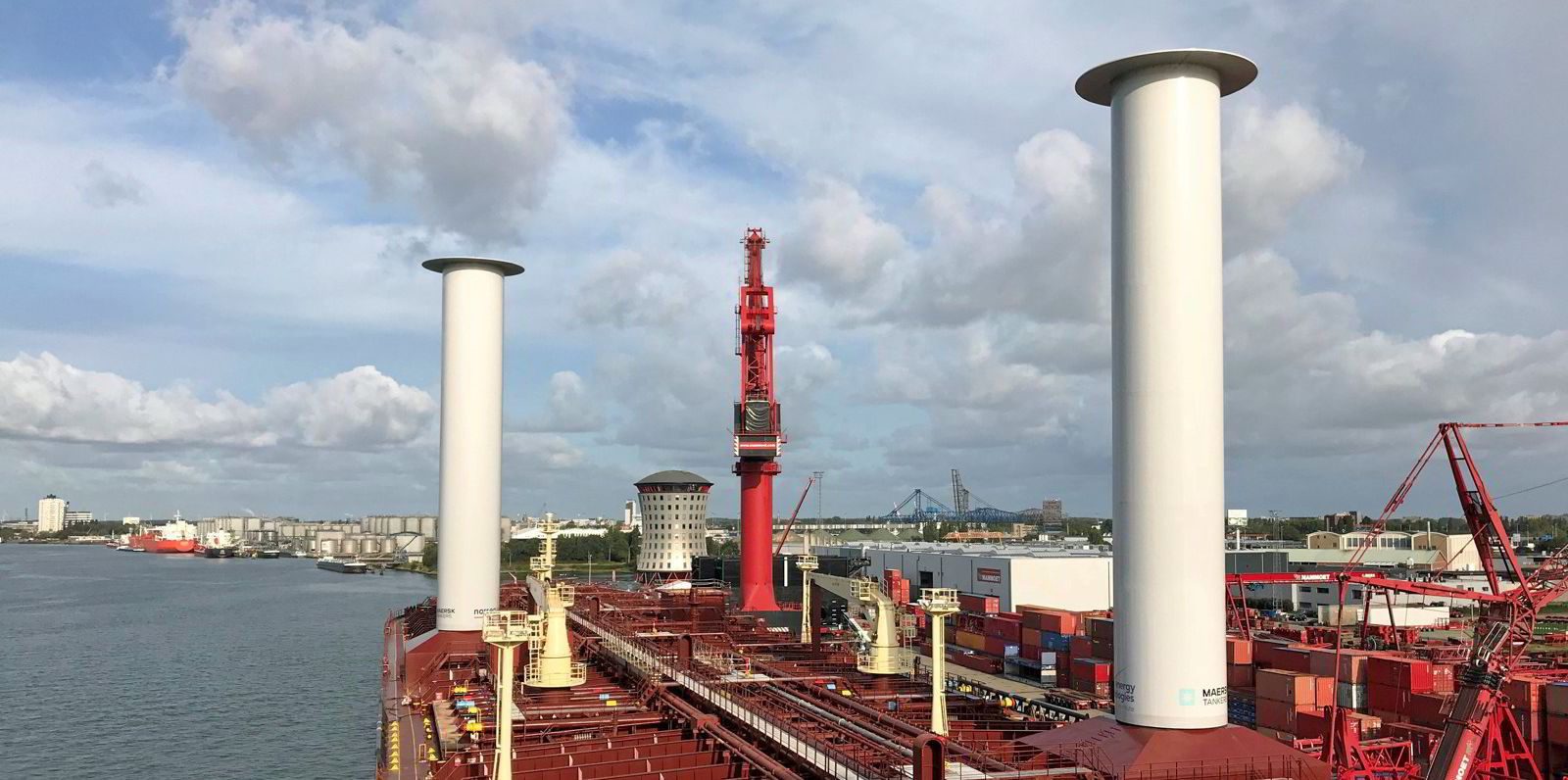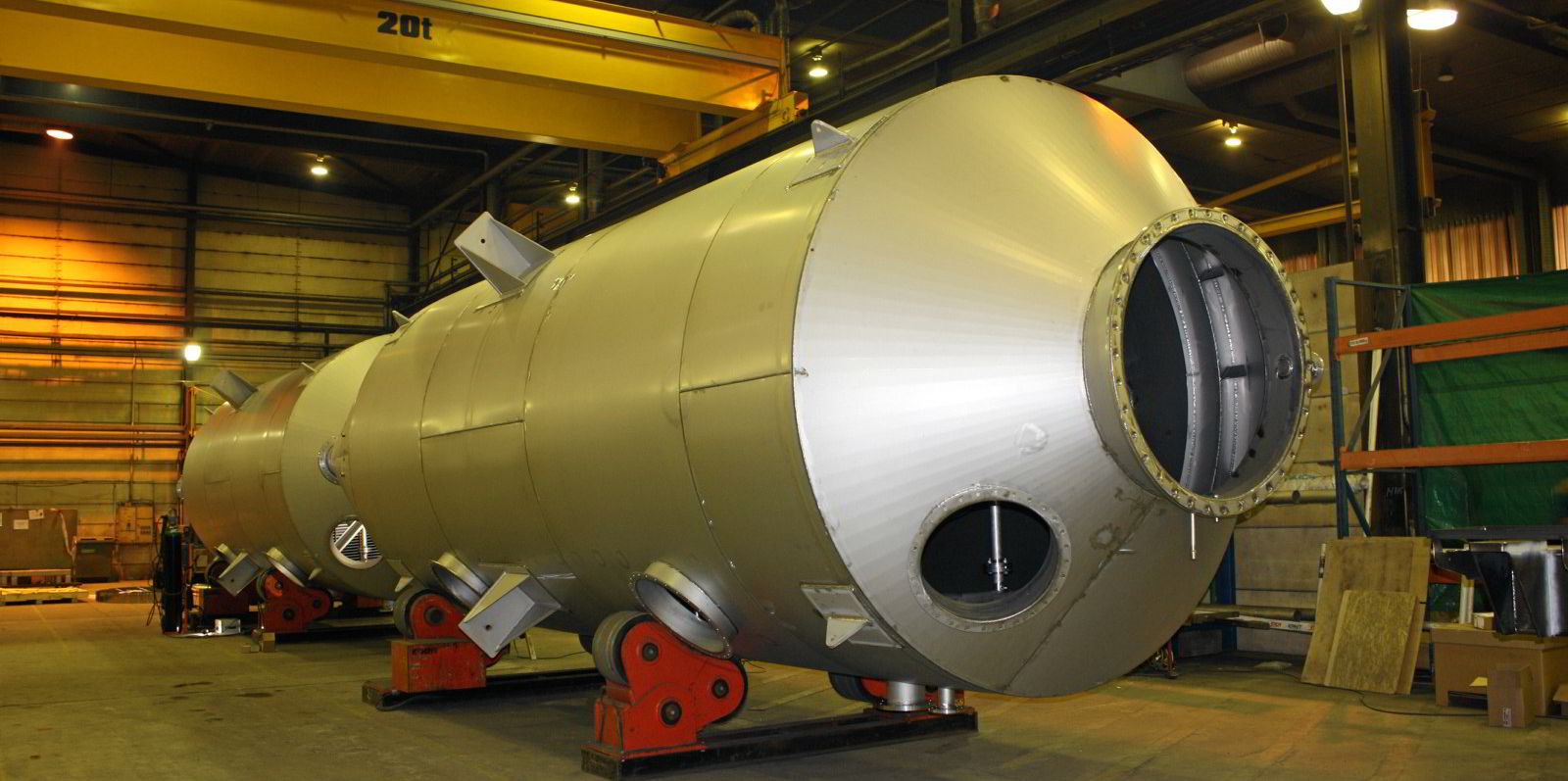Shipowners are expected to have more incentives to fit their vessels with scrubbers this year due to a wider price difference between high and low-sulphur fuel oil.
The spread had collapsed to less than $50 per tonne last October from over $300 at the beginning of last year, with disruptions from the pandemic more than offsetting the impact from IMO 2020.
Refineries were cutting their high-sulphur fuel oil (HSFO) output due to less crude supply from Opec+, which initiated a historic production reduction amid an oil demand collapse.
But many analysts are seeing early signs of a reverse trend in 2021 as vaccination programmes start to roll out across Europe, the US and some other countries.
Amid renewed optimism in the oil market, the price spread between HSFO and the more expensive very-low-sulphur fuel oil (VLSFO) has grown to more than $80 per tonne this month.
Alan Gelder, vice president for refining at consultancy Wood Mackenzie, told TradeWinds he expects the spread to reach $150 per tonne at the world’s largest bunkering hub of Singapore towards year-end.
“[Coming] out of the pandemic…will result in higher refinery runs and more sour crude released by leading Opec members,” said Gelder.
He added that the development will pressure HSFO prices due to increased supply.
Sour grades of crude have higher sulphur contents, so refineries will produce more HSFO when processing them.
On the demand side, a recovery of global bunker fuel demand is expected as macroeconomic conditions improve.
Wood Mackenzie predicts total marine fuel demand will rise to 5.32m barrels per day (bpd) in 2021 from 4.99m bpd last year, exceeding the pre-pandemic level of 5.22m bpd in 2019.
Sharing a similar view, Randy Giveans, an analyst at investment bank Jefferies, has forecast the spread will likely widen to somewhere between $150 and $200 per tonne by the end of this year.
“In the coming quarters, we believe the fuel spread will widen as the global economy recovers, oil prices increase, and bunker fuel oil demand rebounds, making scrubbers great again,” he said.
More scrubber-fitted tonnage
The International Maritime Organization has required all ships to switch from HSFO to gas, VLSFO or other types of 0.5%-sulphur fuels from January 2020, but those with scrubbers are exempted.
Despite weak scrubber economics, the number of vessels fitted with the exhaust gas cleaning technology was rising throughout last year as their installations had been planned in advance.
According to Clarksons Research, 3,781 ships totalling 435m dwt have the equipment on board as of January.
At least 4,572 vessels will have been installed with scrubbers by the end of 2024, DNV GL data shows. Of those ships, 1,600 are bulk carriers, 952 are boxships, 634 are crude and 575 product tankers.
Most of those ships opt for the cheapest open-loop type.
Giveans said that as the HSFO-VLSFO spread is set to widen, big vessels like large containerships, VLCCs, suezmaxes and capesizes will have more savings this year.
Pricing and environmental concerns
For VLCCs trading in the Middle East Gulf-China route on a slow steaming basis, daily savings would amount to over $5,000 based on recent fuel prices, Gibson Shipbrokers estimated.
Adrian Tolson, consultancy BLUE Insight’s director, said the payback period for installing scrubber technology aboard a VLCC through retrofitting is just under three years now.
“Scrubber installation economics work with some vessels even at today’s spreads, but it’s likely for a large number of ships to go for scrubbers a greater spread is needed,” Tolson said.
“In the shorter term, the spread through this year will not get shipowners too excited…but the spread available in 2022 is certainly more interesting.”
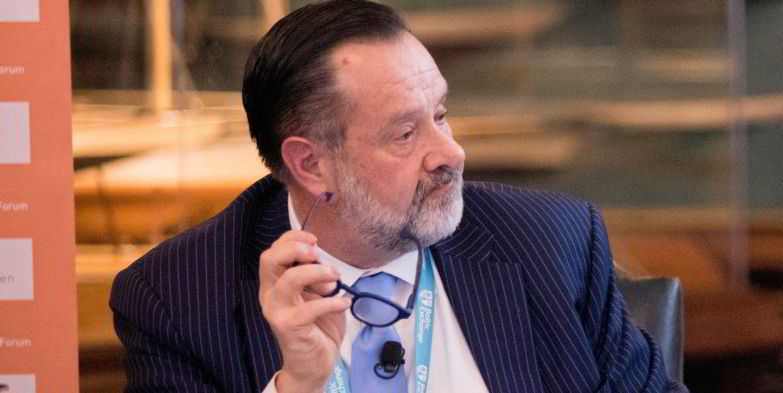
Both Gibson and Tolson see growing regulatory pressure on shipowners interested in scrubbers, though, as some studies show they could damage the marine environment.
Many ports — including Singapore — have banned the open-loop system due to worries over their discharges, while the European Parliament has voted for a gradual phase-out.
“There is still, perhaps unfairly, a negative environmental view on scrubbers, which will discourage certain owners from investing or taking the risk,” Tolson said.
“Maybe they will require an even greater spread to install a scrubber.”
